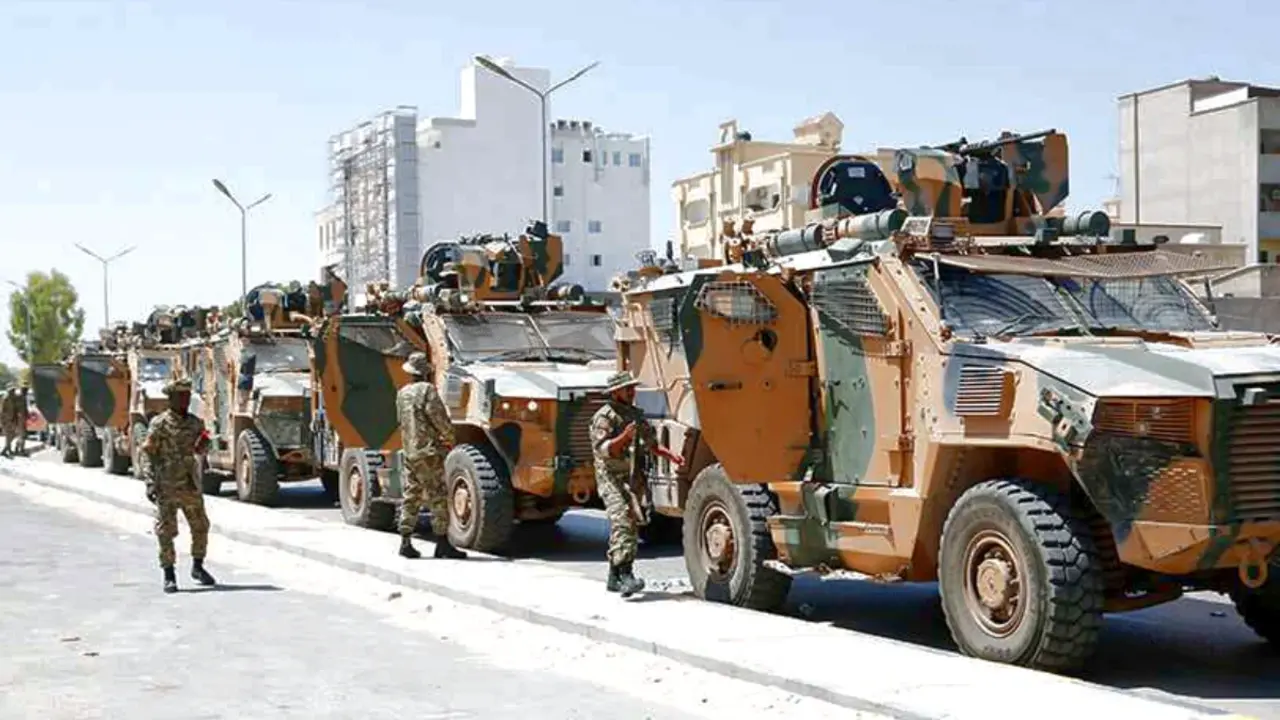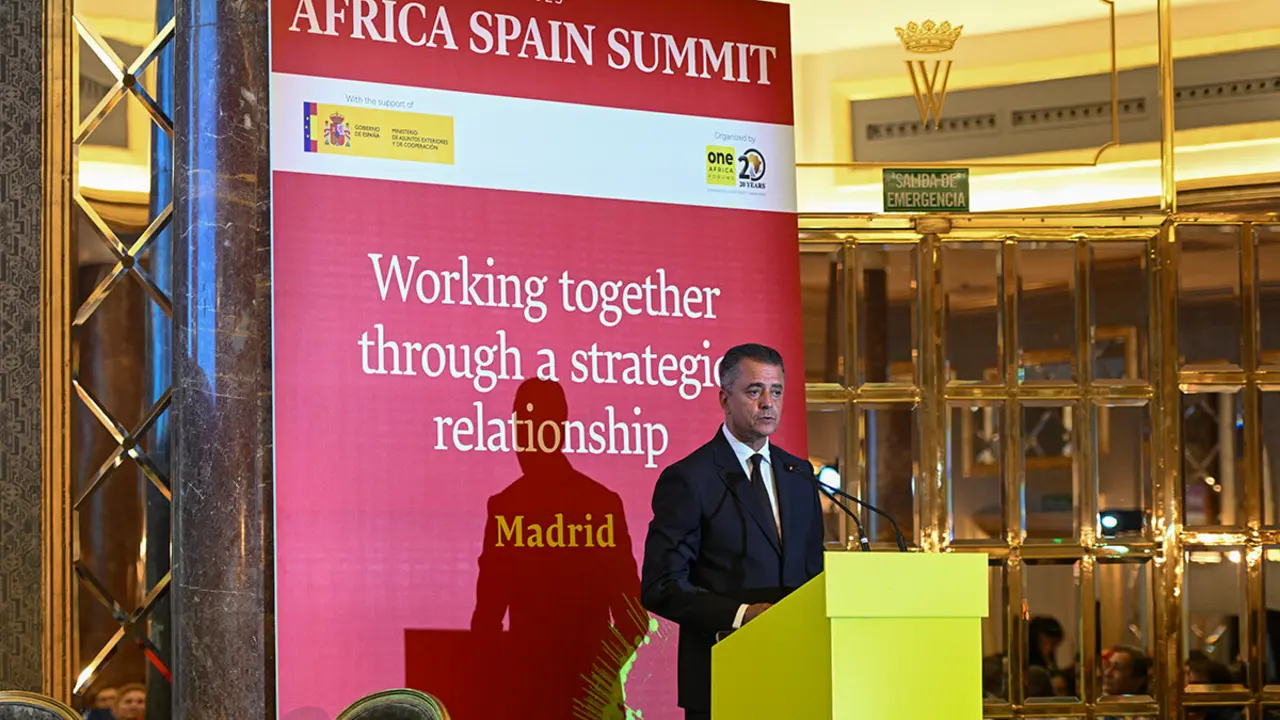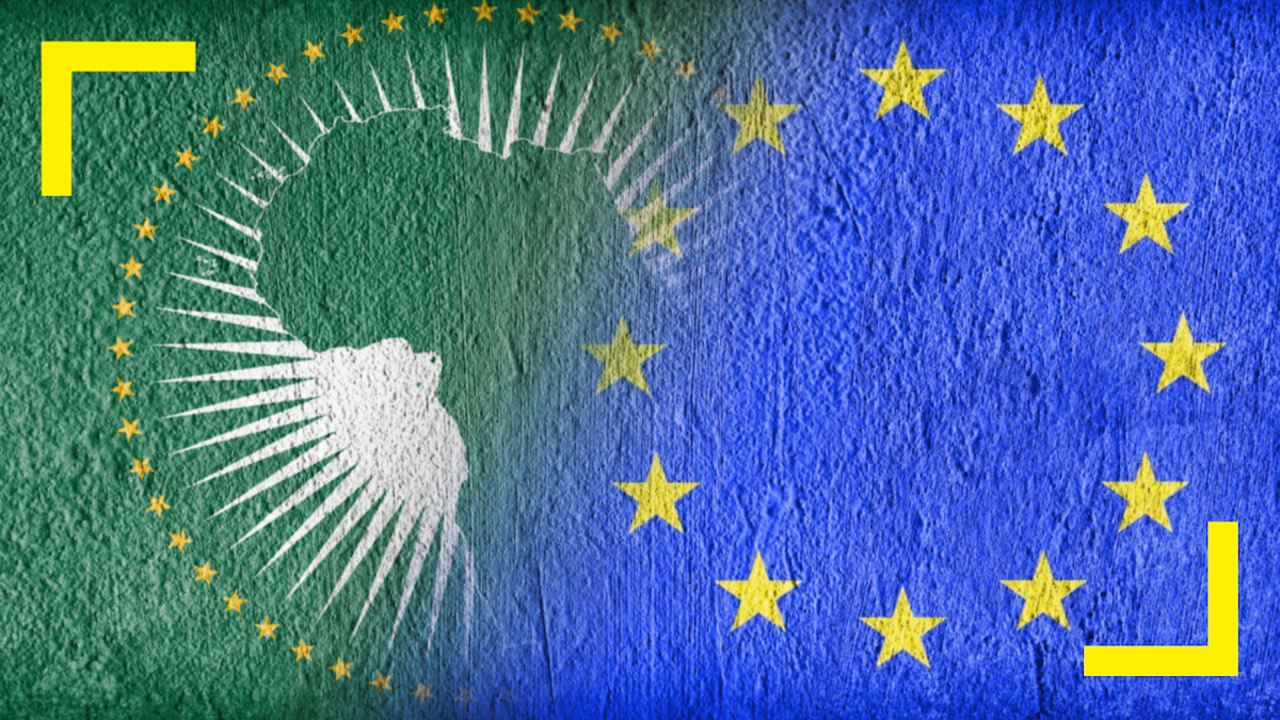The development of Moroccan-Nigerian relations affects the Polisario Front
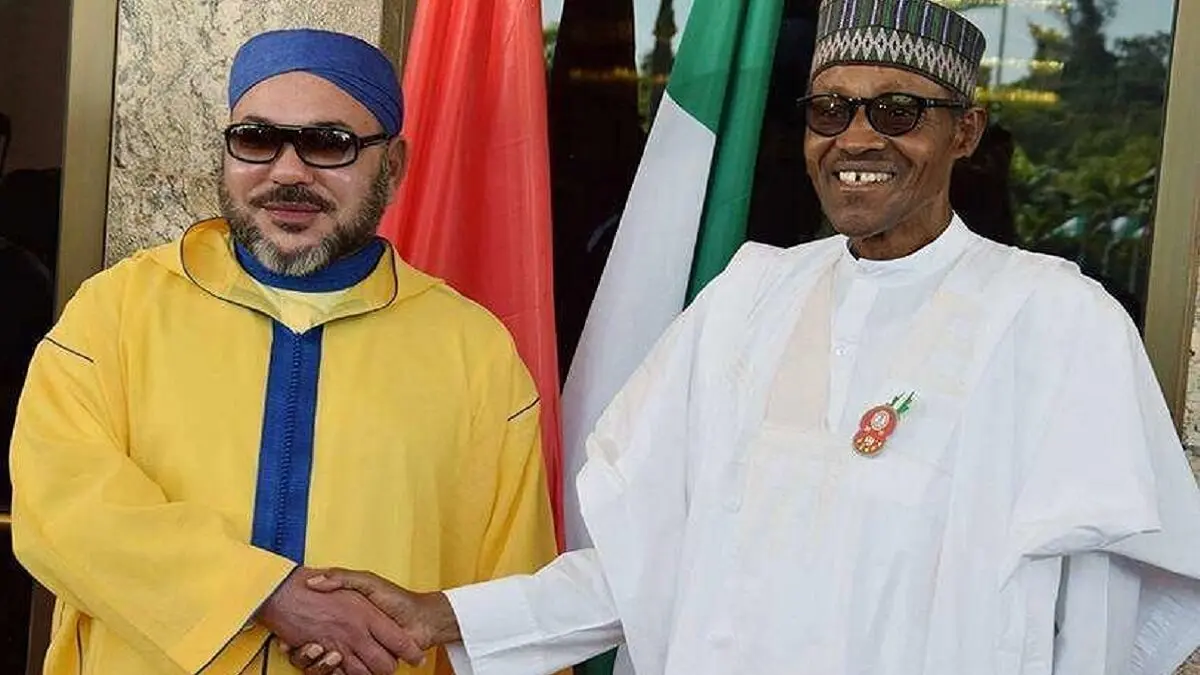
The inauguration of President-elect Bola Tinibu took place on Monday 29 May in Abuja, Nigeria. It was attended by several heads of state and high-ranking officials from different countries.
Brahim Ghali, leader of the Polisario Front, arrived at Abuja airport without an official welcome and without interacting with any senior Nigerian officials, who usually receive heads of state. Some images of the inauguration ceremony show him behind glass, with no visible presence in the vicinity of any of the heads of state or in official photos with senior Nigerian officials.
There has been a noticeable change in Moroccan-Nigerian relations in recent years. King Mohammed VI's visit to Nigeria in December 2016 initiated a new phase in Morocco-Nigeria relations, during which the Moroccan king was able to persuade Nigeria to remain neutral on the Sahara dossier. In February 2021, the former Nigerian president said: "We are always grateful to Morocco for the support it has given us in fertiliser production in the country. We have 42 companies producing fertilisers in six geopolitical regions".

King Mohamed VI of Morocco sent a congratulatory message following the announcement of the victory of incumbent President-elect Bola Tinubu during the Nigerian elections, in which he expressed "his firm determination to move forward in working together to consolidate the strategic partnership and expand bilateral cooperation".
Economic relations between the two countries are reflected in the various interactions and cooperation, such as support for fertiliser production, the recent Nigeria-Morocco gas pipeline project, and in sectors such as energy and agriculture.
Although Nigeria has previously considered supporting the Polisario, Moroccan political analysts argue that the development and strengthening of relations by Nigerian officials between the two countries is part of the entry point for supporting Morocco's territorial integrity.
In several statements, Tinibu expressed his admiration for Morocco's achievements in the economic and development fields, stressing that strengthening this strategy will lead Nigeria to modify its position on the territorial dispute. The director of the Maghreb Centre for Research and Strategic Studies, Nabil al-Andalousi said that the direction of bilateral relations would improve under the leadership of Nigeria's new president, Bola Ahmed Tinibu, who is a member of the same political party and ideological stance as former president Muhammadu Buhari. He also claims that Nigeria's growing investment, through state economic institutions, is being taken into account by Nigeria, and could cause it to change its position on support for the Polisario Front.
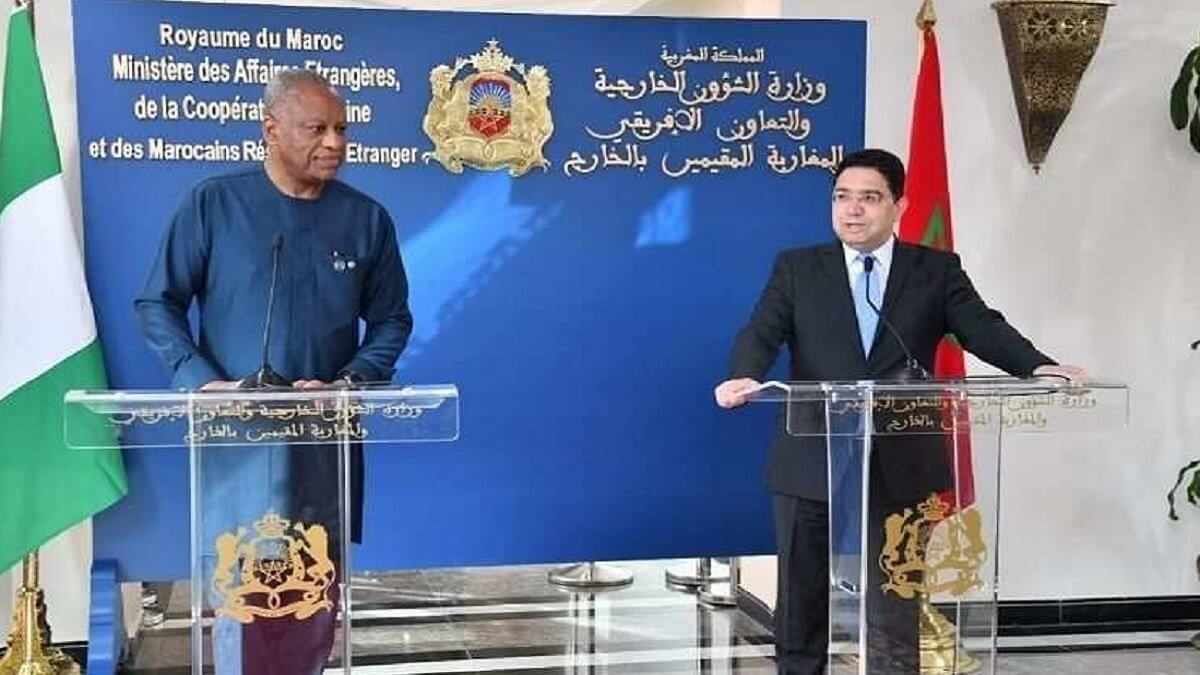
Both African countries are influential powers within the continent, with overlapping and dissimilar interests. Since 1960, Nigeria and Morocco have developed diplomatic ties, and while there have been ups and downs regarding their differences of opinion over the Western Sahara dispute, this appears to be changing. In recent years, ties have deepened with the signing of several bilateral agreements on trade, investment, energy and agriculture. Future interactions between the two countries will be influenced by a number of variables, such as political cohesion, economic growth, and regional security, but as noted, greater regional integration and cooperation in multilateral fora will be beneficial to future ties between Nigeria and Morocco.

